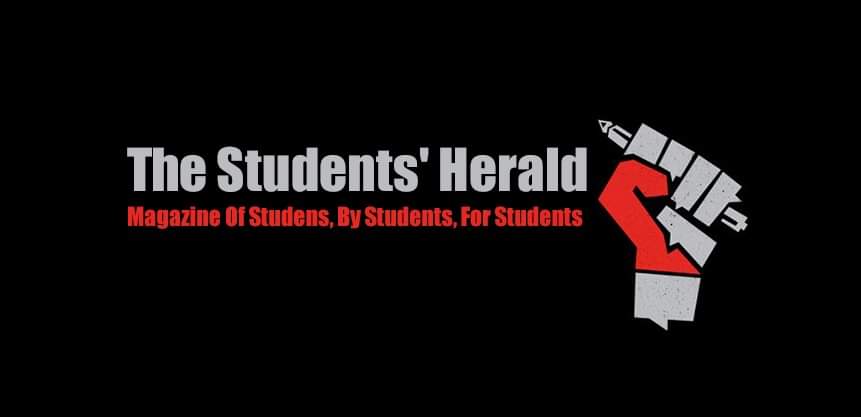Shireen Rizvi
The year 2020 started with some disastrous circumstances affecting nearly every field of life. From tensions rising between nuclear powers Pakistan and India, to a treacherous bushfire in Australia, we saw political and climate instability at its peak. But the COVID-19 pandemic was something no one was prepared for; this was not the war governments and politicians had been talking about for years. All their rhetoric fell flat against the rapid onslaught of the virus which exposed the fault lines of economic opportunity and wealth distribution.
Within months the total number of patients all over the world reached two million. After the World Health Organization (WHO) declared COVOD-19 as pandemic, a new debate about strategy and resources was initiated among states and their leaders. The central plank of these discussions was access to health facilities and economic competence of citizen.
Health experts advised social distancing as an immediate precaution and a lot of people immediately followed it by self-isolating. This seems like a good plan to stop this virus from spreading. But it also highlights some underlying questions of class inequalities and wealth distribution.
To live in a lavish apartment or home with a stocked refrigerator and full-year subscription to streaming networks while complaining about boredom in fiery tweets and long statuses is the epitome of quarantine privilege. It is also an honest representation of individualistic and indifferent lifestyles of apolitical people.
Romanticization of quarantine is sweeps the harsh realities and circumstances of health workers, daily wagers and delivery servicers under the rug. For example, campaigns like “Health Worker Are Heroes” seem rather appreciative on the surface. But many fail to recognize the strategic messaging aimed at priming the general public to accept the death tolls among health workers as a necessary and heroic “wartime” sacrifice. Such campaigns allow the government to hide its own incompetence, and enable the private sector to continue to shirk its social responsibilities.
A blatant show of ignorance has been on display by celebrities in their extravagant mansions and palaces. Hashtags like “We are in this together” have been consistently questioned on social media because if truth to be told, then we “are” in these harsh circumstances, but definitely “not” together. A large number of people who have lost their lives belonged to underprivileged communities; this should not come as a surprise because they have been the most deprived and are defenseless against this ruthless capitalistic order. In this unprecedented crisis, having access to protective gear, even a mask, should be considered a privilege.
In addition to this, we have been seeing rise in reports of domestic violence which was already a problem within patriarchal households. The perpetual state of agony under which many people are living their lives should be addressed by government.
Governments in many countries have substantially failed to accommodate their own citizens and provide them basic facilities. In Pakistan, many healthcare workers are protesting because they don’t have enough protective gear to treat COVID-19 patients. Local organizations like Hakooq-e-Khalq and the Aurat March Organization and the Progressive Student Collective are distributing masks and gloves to local communities. Ironically, the WHO is constantly aiding Pakistan government but hospitals are running out of beds and necessary equipment to treat patients. We have recently crossed 10,000 Coronavirus patients and we have no idea when the number of infections will begin to fall.
This quarantine period is providing us a chance to look back at all the mess that has been created by capitalism. We must begin by acknowledging the privilege we have just to be home safely with basic facilities which a lot of people are still dreaming about.
After all of this over, it would be our decision to either drag all the mess we created out of politics, culture, and religion into future or to offer something more radical: a world that is inclusive and empathetic.


